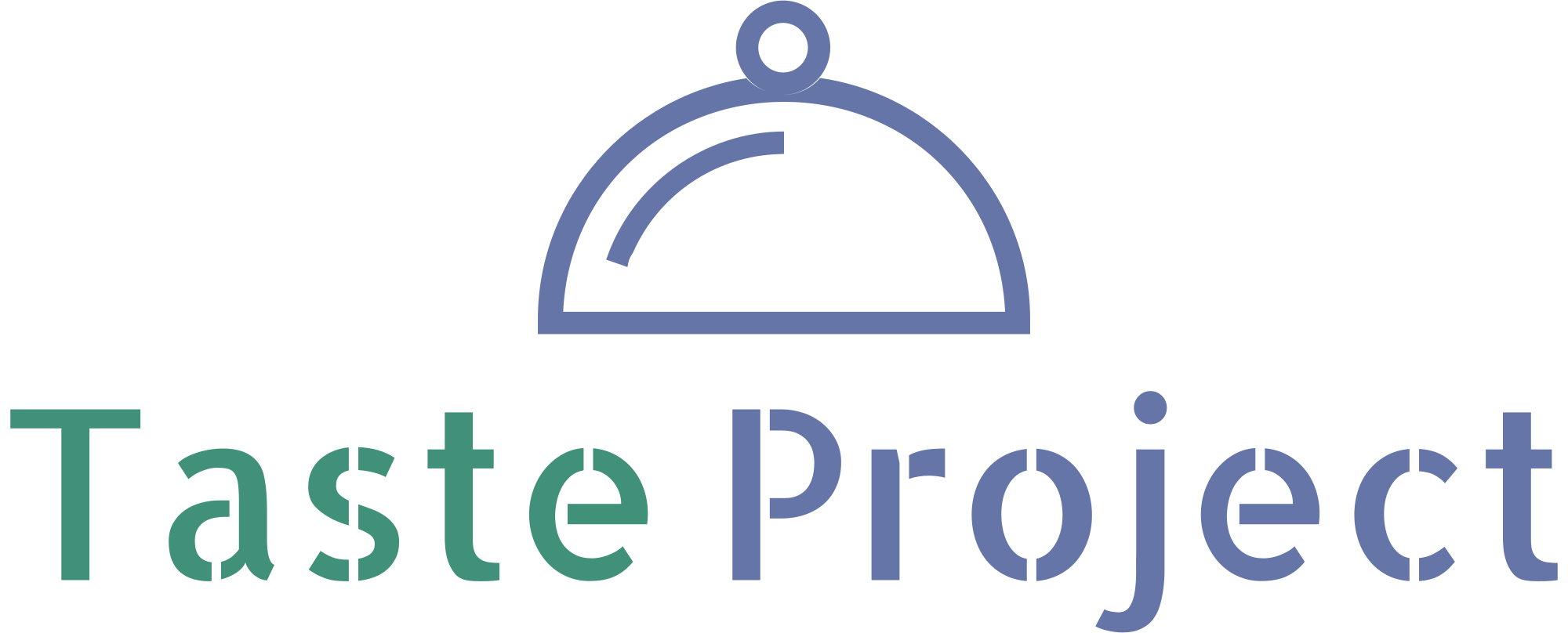The Importance of Privacy Settings in Controlling Cookie Usage
Understanding the impact of privacy settings on cookie usage is crucial for protecting personal data and ensuring online privacy. The importance of privacy settings in controlling cookie usage cannot be overstated, as cookies are commonly used to track user behavior, preferences, and activities across websites. By adjusting privacy settings, individuals can have greater control over the types of cookies that are allowed to track their online activities.
Privacy settings empower individuals to manage cookie usage based on their preferences, allowing them to limit the collection of their personal data and browsing habits. This level of control is essential for maintaining privacy and security when engaging in online activities. Without proper privacy settings, cookies can gather extensive information about users, leading to concerns regarding data privacy and potential misuse of personal information.
Considering the increasing emphasis on data protection and privacy regulations, understanding how privacy settings impact cookie usage is fundamental. It enables users to make informed decisions about the level of access they are willing to grant to website cookies, thereby safeguarding their online privacy and digital footprint. Adhering to best practices for privacy settings not only enhances user control but also contributes to the overall protection of personal data in the digital landscape.
Exploring the Connection Between Privacy Settings and Cookie Tracking
Understanding the impact of privacy settings on cookie usage is crucial in today’s digital landscape. One of the crucial aspects of this understanding lies in exploring the connection between privacy settings and cookie tracking. Cookies, small pieces of data stored on a user’s device, play a significant role in tracking online behavior and personalizing the browsing experience. However, privacy settings directly influence the way cookies are utilized by websites and third-party trackers.
Users can often adjust their privacy settings to control cookie behavior, including accepting all cookies, blocking all cookies, or selecting specific preferences for different types of cookies. These settings have a direct impact on the extent to which websites and advertisers can track user behavior and collect data. For instance, stringent privacy settings that block third-party cookies may limit the ability of advertisers to track a user across different websites, thus impacting targeted advertising efforts.
Furthermore, the General Data Protection Regulation (GDPR) and the ePrivacy Directive in the European Union have mandated explicit user consent for non-essential cookies. This legal requirement has led to a more transparent approach to cookie usage, with websites implementing clearer consent mechanisms and providing more information about the purpose of cookies.
Exploring the connection between privacy settings and cookie tracking sheds light on the intricate balance between user privacy and personalized online experiences. As businesses and regulators continue to navigate this complex terrain, understanding the implications of privacy settings on cookie usage remains paramount in shaping a user-centric and privacy-respecting online environment.
Maximizing Privacy Protection Through Effective Cookie Usage Settings
When it comes to maximizing privacy protection through effective cookie usage settings, it is crucial for users to have a clear understanding of the impact of privacy settings on cookie usage. Cookies play a significant role in tracking and storing user data, and they are widely used by websites to enhance user experience and personalize content. However, they also raise concerns related to privacy and data security.
By adjusting privacy settings, users can exert a level of control over the use of cookies. This includes options to allow or block certain types of cookies, as well as the ability to delete existing cookies. Maximizing privacy protection through these settings involves making informed choices based on the specific purposes for which cookies are used by different websites.
Effective cookie usage settings should prioritize preserving user privacy by enabling users to manage the information collected about them. This can involve configuring settings to restrict third-party tracking cookies, setting expiration periods for cookies, and opting out of targeted advertising. By exercising these options, users can exert greater control over their online privacy and minimize the potential for unauthorized access to their personal data.
Understanding the impact of privacy settings on cookie usage empowers users to make informed decisions that align with their privacy preferences. It is essential for individuals to stay informed about the privacy implications of different cookie settings and to utilize tools that provide transparency and granular control over their cookie preferences.
As the digital landscape continues to evolve, maximizing privacy protection through effective cookie usage settings will remain a critical aspect of ensuring user privacy and security in the online environment.




